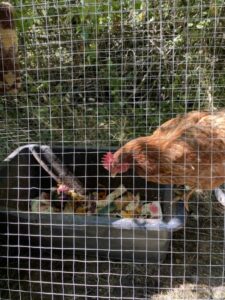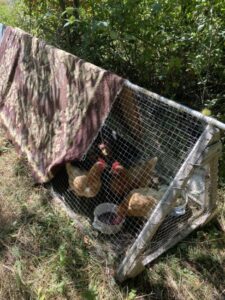Closing the Loop – Food Waste
Here at Vegetarium food is never completely wasted, and this is how we do it.
First, let me explain a bit more about food waste. The definition of food waste is food that is fit for consumption, but is intentionally discarded in the retail or consumption phase. Besides food waste you can also talk about food losses. This is the food lost before it reaches the retailer or consumer. Examples of food losses are products lost during the production and distribution phase. Over 30% of of the food produced is wasted annually. By wasting food, also the natural, human and financial resources are wasted. Food waste is also a big source of greenhouse gas emissions and thereby contributes to global warming. Thus, preventing food waste is kind of really important.
At Vegetarium we have different types of food losses and food waste. Think of forgotten fruits and vegetables in the storeroom/fridge, uneaten leftovers, inedible parts of products (for example banana peels, eggshells), unharvested fruits and crops.

Preventing food waste at Vegetarium
As a sustainable food enthusiast, a nutrition scientist and as someone who has worked the past two years on preventing food waste in the Dutch food service sector, preventing food waste is really important to me. So, I was really happy to see a lot of different mechanisms in place to try to limit our food waste at Vegetarium. Some examples I have seen so far are:
- Eat lunch leftovers for dinner
- Reuse leftovers the next day
- Responsible person for the storeroom/fridge to check all the stored food and leftovers
- Responsible person to cool the leftovers
- Pickle, ferment, can and dry the harvest surplus
All of the waste we do create is collected in our compost bins in which we wil also collect food losses and the inedible parts of foods.

Closing the loop
Here at Vegetarium it is important to minimise our waste and closing our loops. Therefore, food here is never truly wasted. Our solution? Chickens! Our three ladies get to enjoy our food waste everyday. For me my favourite part of the day is greeting our ladies and offering our waste which they thoroughly enjoy! After they have had their feast with it, the waste might not look as appetising anymore, but is still full of good nutrients for the soil. So, we never trow this out but give it to our growing compost pile, which, in time, we can use to fertilise our plants which will grow new foods (that are hopefully not wasted). Hereby the loop is closed and food at vegetarium is never completely wasted.
FYI: Food waste in Bulgaria
Annually, 86 kg of food wasted per person in Bulgaria. Bulgaria has committed to half the food waste per capita (on retail and consumer level) by 2030, according to SDG Target 12.3 and has set an intermediary target to reduce waste by 25% by 2026.



